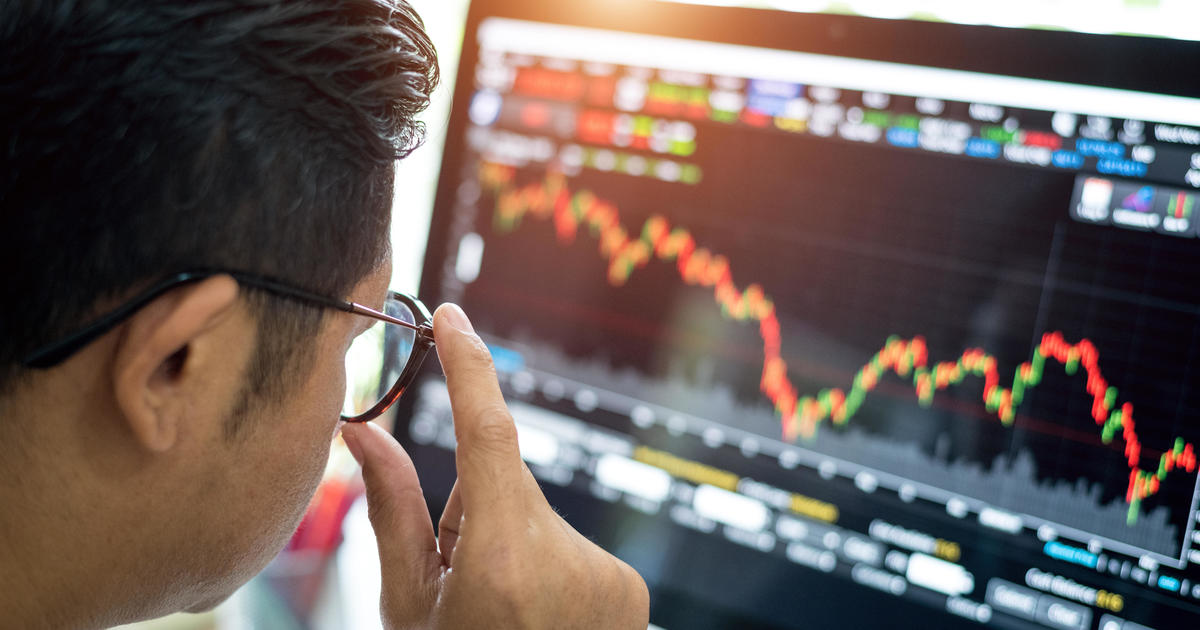The U.S. has a 40% chance of entering a recession in 2023, Wall Street analysts say, noting that the odds of a downturn happening this year are low.
In a client note, Bank of America Global Research also criticized the Federal Reserve for failing to move earlier to raise interest rates in an effort to curb inflation.
“Our worst fears around the Fed have been confirmed: They fell way behind the curve and are now playing a dangerous game of catch up,” analysts wrote. “We look for GDP growth to slow to almost zero, inflation to settle at around 3% and the Fed to hike rates above 4%.”
The Fed on Wednesday raised its benchmark interest rate 75 basis points — the biggest jump since 1994. BofA Global Research said it expects the central bank to raise its target rate — what banks charge each other to borrow money overnight — a total of 175 basis points over its four next meetings. That would lift the federal funds rate to a range of 4% to 4.25% by May of 2023.
The current range is at 1.5% to 1.75%, so a move by policymakers to boost rates above 4% would represent an even more concerted push to curb inflation — and significantly higher borrowing costs for consumers and businesses.
Boom and bust
“In the spring of 2021 we argued that the biggest risk to the U.S. economy was a boom-bust scenario,” Ethan Harris, global economist at BofA Global Research, told investors. “We worried that the Fed would take too long to put the brakes on. We asked, if the fiscal authorities are doing so much stimulus, why does the Fed need to add fuel to the fire with unusually late policy normalization? Over time the boom-bust scenario has become our baseline forecast.”
MoneyWatch: Stock market drops as mortgage rate climbs
04:05
As higher interest rates kick in, Harris now expects U.S. economic growth to slow this year and to “fade close to zero” by the second half of 2023.
Pricier mortgages and credit cards
The Fed’s push to contain inflation is already having an impact on consumers. The average long-term mortgage rate jumped to 5.78% this week, up from 5.23% the previous week — the highest it has been since November of 2008. Some credit card issuers have also jacked up their rates above 20%, according to Bloomberg.
“APRs on most U.S. credit cards, including new card offers, are all but certain to soar in the coming weeks as lenders adjust to dramatically higher rates at a faster clip than they’ve had to do in years,” CreditCards.com reported.
Higher borrowing costs add to the financial strain on Americans, who are facing the steepest inflation since the early 1980s. Gas prices edged down from a record high earlier this week and now average $5 for a gallon of regular unleaded, data from AAA shows.
Alain Sherter covers business and economic affairs for CBSNews.com.
